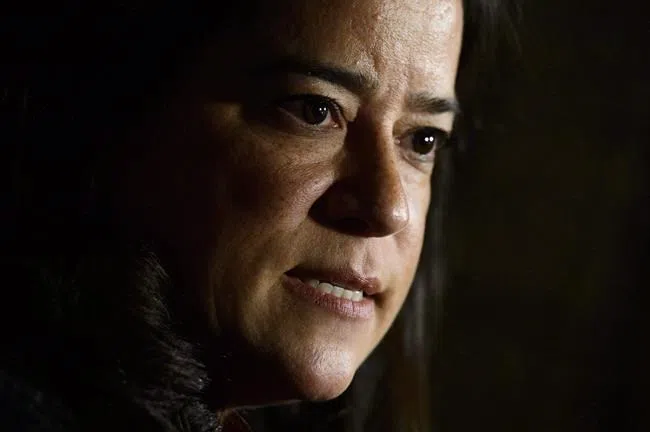
Liberals order Crown attorneys to stop prosecuting some HIV non-disclosure cases
OTTAWA — Canada’s justice minister is instructing federal prosecutors in the North that they should no longer prosecute anyone for not disclosing their HIV status to a sex partner where there is no risk of transmitting the virus.
The new rules coming into effect Saturday won’t transfer over to provinces — only in the territories where federal prosecutors have jurisdiction.
It doesn’t appear the federal government plans to push provinces to follow suit, hoping instead that the change in policy will act as an example for them.
The new marching order to Crown attorneys is aimed at making sure criminal law keeps up with scientific evidence about the virus and the conditions under which it cannot be spread. The wording of the directive says there is no public interest in pursuing HIV non-disclosure prosecutions “for conduct that medical science shows does not pose a risk of serious harm to others.”